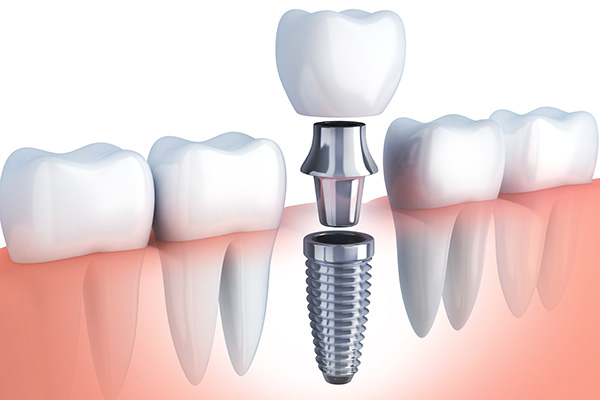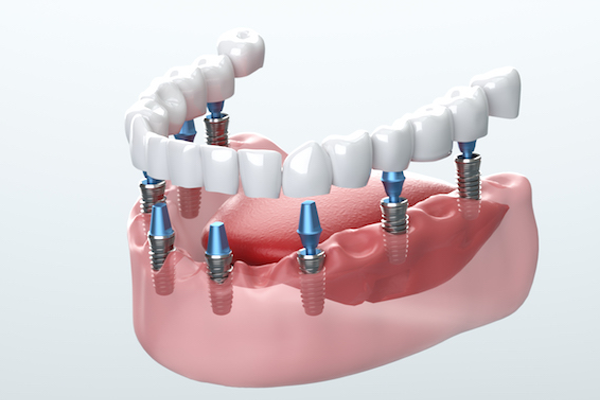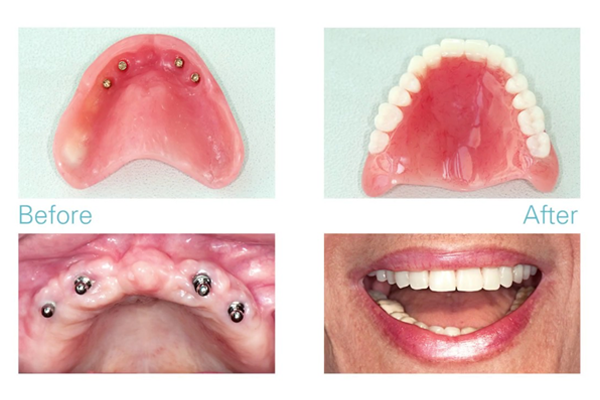Dental Implants
Dental implants, well-known as an endosseous implant is a surgical fixture. It is similar to a tooth root that interfaces with the bone of the jaw. It restores intraoral defects such as a crown, bridge, denture. Implants can act as an orthodontic anchor.
The dental implant is a biologic process known as osseointegration. It uses the metal titanium to bind tooth and bone beneath the gum line. Dental implants do not have to be anchored to other teeth. It benefits general oral health as well.



Types of Dental Implants
Dental World & Oral Cancer Research Centre provides two types of implant processes: conventional or immediate implants followed by quick loading of crowns and bridges known as immediately loaded implants.
Conventional Implants:- Conventional implants are preferably done for patients looking for a permanent replacement for single or completely missing teeth. The procedure is done under two trips on the gap of 3-6 months apart.
Conventional implants are usually done for most bone conditions; however, if the patient is suffering significant jawbone loss, bone grafting is highly suggested before implantation.
Immediate Implants:- Immediate implant follows the process of implanting teeth the same day it is extracted. This process is preferably done on patients with good and infection-free jawbone conditions. If the metal post is rooted successfully implanted in the jawbone, the temporary crown is adjusted on the implant. Once the implant is healed and settled successfully, the permanent one replaces the temporary crown.
Immediate Loaded Implants:- As compared to standard implant procedures that take approximately three months to adjust, the immediately loaded implant works differently. The implant is loaded immediately after the placement on the same day. The implants used in immediate loading are designed differently from the conventionally used implant and actively engage bone directly, allowing the dentist to the crown.

